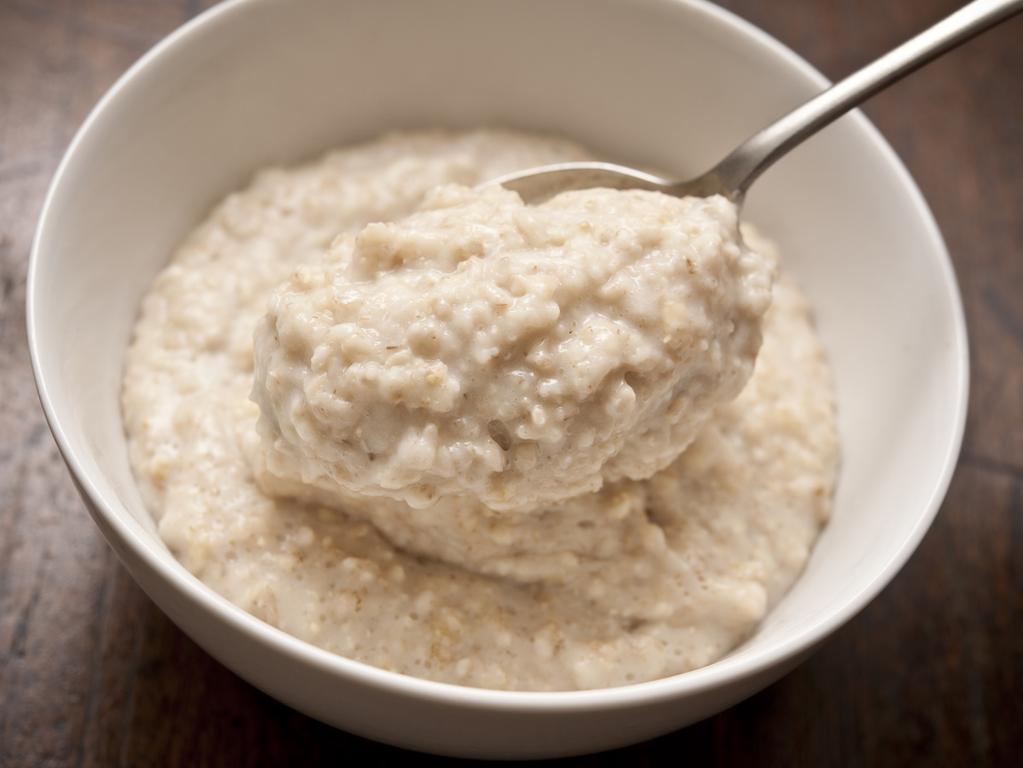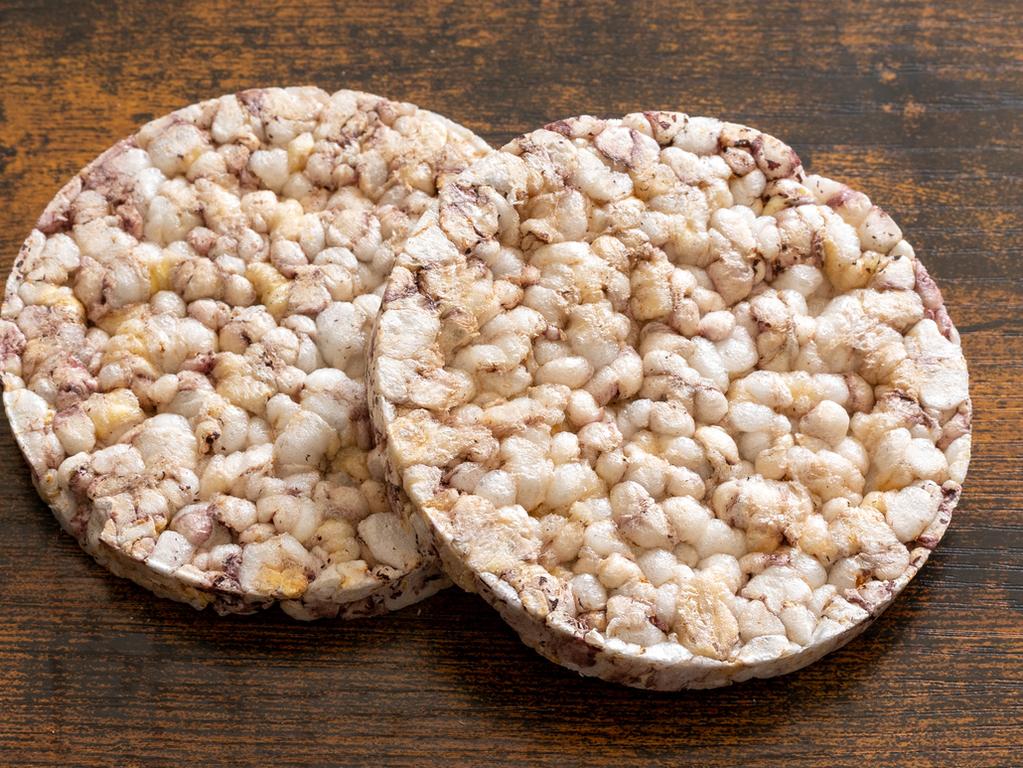Doctor reveals five foods you think are healthy, but they’re not
It’s sold at Coles and Woolworths as an alternative to an everyday grocery item – but it’s not as “healthy” as you think, a doctor has warned.

A doctor has reveals five foods most of us think are healthy, but they’re actually not.
Dr Mijin Brown, a medical professional based in California, has detailed some of the most common foods that people mistakenly believe are healthy – and there are some surprise culprits.
Fruit is on her list, with Dr Brown stating both fruit and fruit juices pose an “obvious” health threat, the New York Postreports.

“Did you know that some fruit juices have as much sugar as a can of soda?” Dr Brown stated in a video shared to her TikTok which has amassed more than 1 million views.
Fruit juice also lacks the fibre that accompanies eating a piece of fruit whole — but even “nature’s candy” isn’t a safe option, according to Dr. Brown.
“Fruit today, even veggies today, are nothing like they were a long time ago in nature,” she continued. “Most were small, fibrous and not too sweet, but fruit today is crazy.”
“They’ve been engineered to be bigger, sweeter and less fibrous, all of which impacts our blood sugar levels.”
While past studies have suggested agriculture has lost some of its nutrition value, it doesn’t mean you should cut out fruit cold turkey.
While Dr. Brown said some fruits — like “mangoes, pineapples, bananas and grapes” — should “be treated as a dessert,” adults should consume approximately 2 cups of fruit per day, according to the 2020–2025 Dietary Guidelines for Americans.

Next on the chopping block: Oat milk. Sorry, vegans.
Dr Brown decried the high levels of carbohydrates and sugars — not to mention the inclusion of preservatives, emulsifiers and thickeners — present in oat milk.
Take fan favourite Oatly, a brand sold in Woolworths and Coles for around $5.50 a carton, for example: A standard cup of the brand’s original oat milk contains 16 grams of carbs, 7 grams of sugar and only a meagre 2 grams of fibre. Although, it is fortified with vitamins and minerals.
And, in a similar vein, the doc denounced oatmeal, known as porridge in Australia, which is a “controversial” recommendation for diabetics, who need to limit their consumption of carbohydrates.
While oatmeal is a low glycaemic food, certain varieties — especially with added sugar — is not ideal for people watching their blood sugar.
Although it’s a great source of fibre, Dr. Brown recommends avoiding flavoured kinds of oatmeal and opting for steel cut instead.


Lastly, she cautioned against rice cakes. The snack’s low calorie count is alluring, but they lack fibre and have a high carb content, Dr. Brown boldly said.
It’s hard to “be satisfied” when eating just rice cakes, unless foodies add some avocado or nut butter on top for protein or fat.
While her recommendations seemed in good faith, viewers threw up their hands in defeat, unwilling to conform to the doctor’s advice.
“Is water safe guys?” one person mocked.
“What the hell are we supposed to eat then??” another wrote.
“At this point I’ll eat whatever then hope for the best,” someone else added, along with the face palm emoji.
Despite the online flack, Dr Brown insisted in the comments that people can “eat everything in moderation,” and hopes to just bring awareness to the metabolic power of certain foods.
She also offered substitutes, such a sugar-free almond or coconut milk, eating whole fruit instead of juice, plain coconut yoghurt rather than porridge or swapping rice cakes for celery sticks.
“I want to inform people of the impact of some ‘healthy’ foods on the metabolic health,” she wrote. “You can still eat them but be mindful.”
This article originally appeared on the New York Post and has been reproduced here with permission





